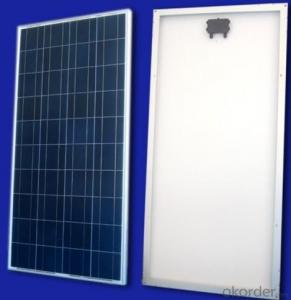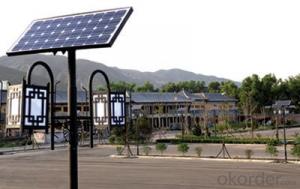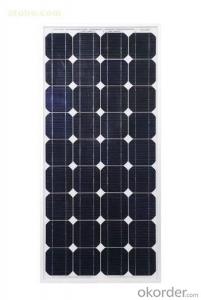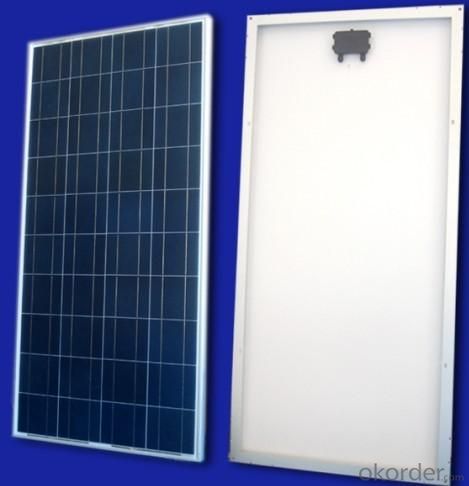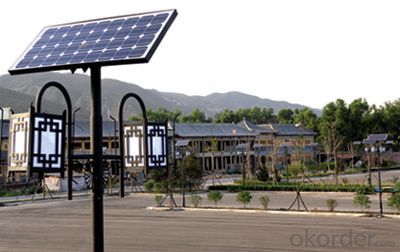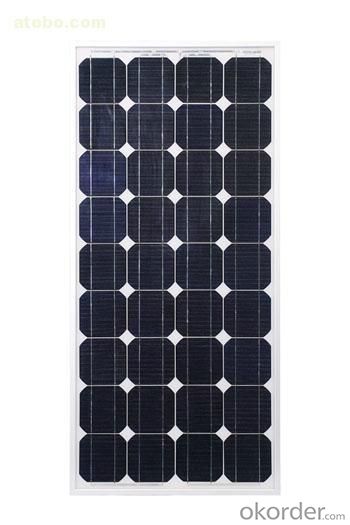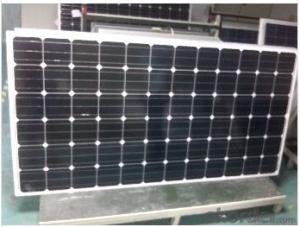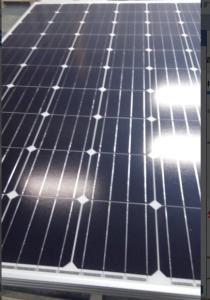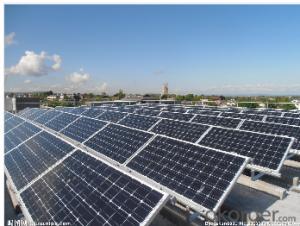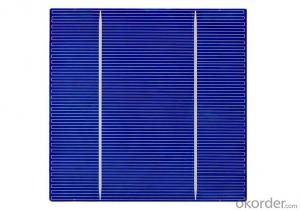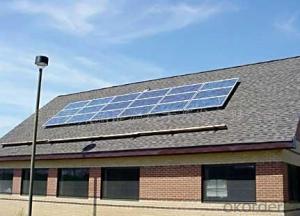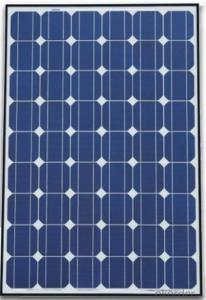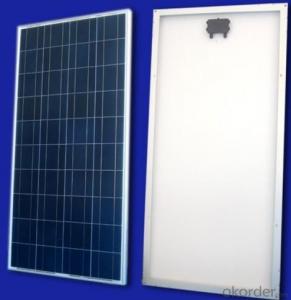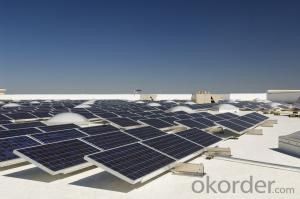Solar Panels Seattle:245w High Efficiency Solar Panels 230w-320w Best Price
- Loading Port:
- China main port
- Payment Terms:
- TT OR LC
- Min Order Qty:
- 1000 watt
- Supply Capability:
- 100000 watt/month
OKorder Service Pledge
OKorder Financial Service
You Might Also Like
Structure
A PV module is a packaged, connected assembly of typically 6×10 solar cells. Solar PV panels constitute the solar array of a photovoltaic system that generates and supplies solar electricity in commercial and residential applications. Each module is rated by its DC output power under standard test conditions, and typically ranges from 100 to 320 watts. The efficiency of a module determines the area of a module given the same rated output – an 8% efficient 230 watt module will have twice the area of a 16% efficient 230 watt module. There are a few solar panels available that are exceeding 19% efficiency. A single solar module can produce only a limited amount of power; most installations contain multiple modules. A photovoltaic system typically includes a panel or an array of solar modules, an inverter, and sometimes a battery and/or solar tracker and interconnection wiring.
Feature
1. 10 years limited product warranty
2. 15 years at 90% of the minimal rated power output
3. 25 years at 80% of the minimal rated power output
Picture
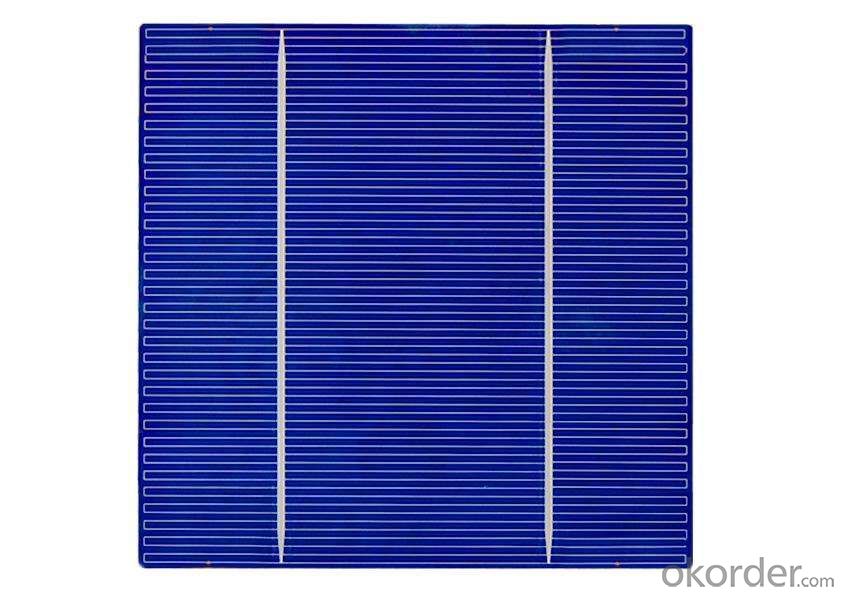
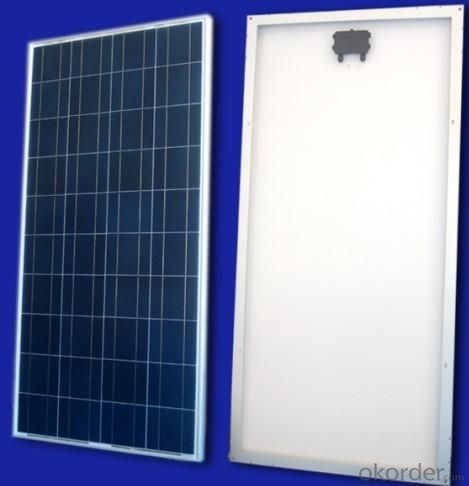
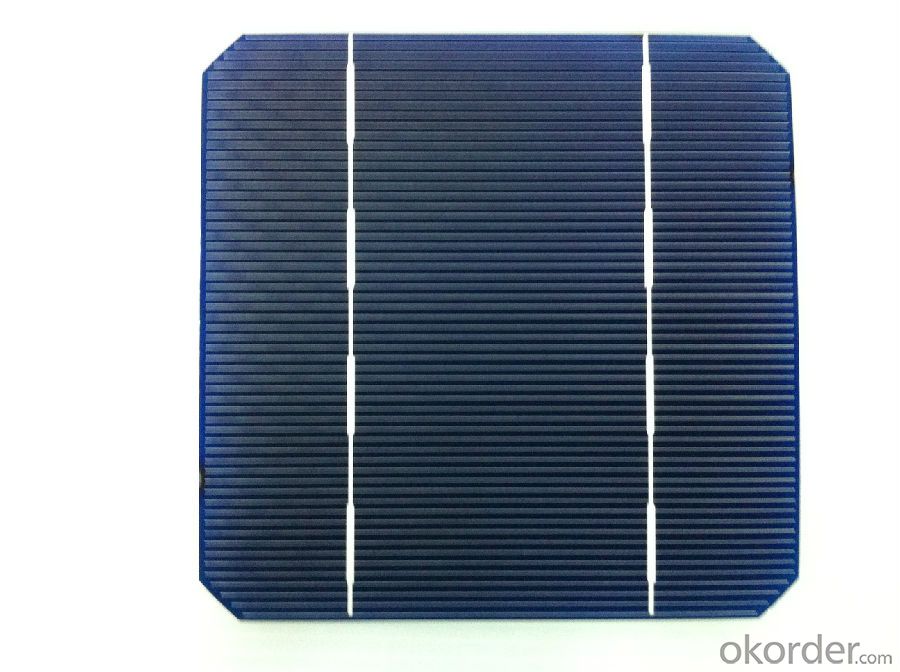
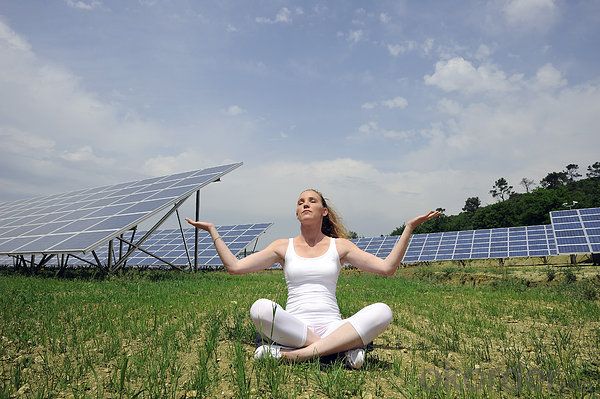
Specification
ITEM NO.: | Poly 156*156 cell ,60pcs . Power range from 230Wp-260Wp | |||||||||
Maximum Power(W) | 230 | 235 | 240 | 245 | 250 | 255 | 260 | |||
Optimum Power Voltage(Vmp) | 29.4 | 29.5 | 29.7 | 30.1 | 30.3 | 30.5 | 30.7 | |||
Optimum Operatige Current(Imp) | 7.83 | 7.97 | 8.08 | 8.14 | 8.25 | 8.37 | 8.48 | |||
Open Circuit Voltage(Voc) | 36.7 | 36.8 | 36.9 | 37.1 | 37.3 | 37.5 | 37.7 | |||
Short Circuit Current(Isc) | 8.52 | 8.59 | 8.62 | 8.65 | 8.69 | 8.73 | 8.78 | |||
Solar Cell: | 156*156 Poly | |||||||||
Number of Cell(pcs) | 6*10 | |||||||||
Brand Name of Solar Cells | JA Cell, Bluesun Cell | |||||||||
Size of Module(mm) | 1650*992*40/45/50 | |||||||||
Cable & Connector Type | Pass the TUV Certificate | |||||||||
Frame(Material Corners,etc.) | Aluminium-alloy | |||||||||
Back sheet | TPT | |||||||||
Weight Per Piece(KG) | 19.5KG | |||||||||
FF (%) | 70-76% | |||||||||
Junction Box Type | Pass the TUV Certificate | |||||||||
Tolerance Wattage(e.g.+/-5%) | ±3%, or 0-3% | |||||||||
Front Glass Thickness(mm) | 3.2 | |||||||||
Temperature Coefficients of Isc(%) | +0.04 | |||||||||
Temperature Coefficients of Voc(%) | -0.38 | |||||||||
Temperature Coefficients of Pm(%) | -0.47 | |||||||||
Temperature Coefficients of Im(%) | +0.04 | |||||||||
Temperature Coefficients of Vm(%) | -0.38 | |||||||||
Temperature Range | -40°C to +85°C | |||||||||
Surface Maximum Load Capacity | 5400Pa | |||||||||
Allowable Hail Load | 23m/s ,7.53g | |||||||||
Bypass Diode Rating(A) | 12 | |||||||||
Warranty | 90% of 10 years, 80% of 25 years. | |||||||||
Standard Test Conditions | AM1.5 1000W/ 25 +/-2°C | |||||||||
Packing | carton or pallet | |||||||||
1*20' | 14 Pallets / 316pcs | |||||||||
1*40'STD | 25 Pallets / 700pcs | |||||||||
FAQ:
Are you a trading company or manufacturer? | Manufacturer with factory |
What kinds of filter do you produce? | It covers for air filter,oil filter,fuel filter for car and truck |
Is Customized filter available? | Yes,please offer your required specifications and drawing |
Do you Accept OEM service? | YES! |
what’s your delivery terms? | FOB (2)CFR (3)CIF |
What's your Delivery Time? | 1)generally the samples will be sent immediately by the air express in 3-5 days if the goods are in stock |
2)Normally within 30 days,please confirm with us before order! | |
What's the Payment Terms? | Usually,30% as deposit,70% before shipment by T/T |
Western Union acceptable for small amount. | |
L/C acceptable for large amount. | |
Scrow ,Paybal,Alipay are also ok | |
How you pack products? | Normally,plastic bag inside and carton outside .We'll do according to customers' requirement |
What's your available port of Shipment? | Normally, Tianjin Other ports available but you should afford extra charges. |
Trade and Market | Main Market Western European 20% |
- Q: What is the average cost of solar panel installation?
- The average cost of solar panel installation can vary depending on various factors such as the size of the system, location, type of panels, and any additional equipment or services required. However, as of 2021, the average cost in the United States ranges from $15,000 to $25,000. It is important to note that there may be additional incentives, tax credits, and financing options available that can help reduce the overall cost.
- Q: Solar panels would change the world if they were widely available to us especially cheap, it will be worth it in the long end. Money would be saved like housands a year per person on utility costs.
- Down the drain. That money is gone. Just more wasted money the government writes off and then tries to raise taxes to pay for.
- Q: I've been reading up on Solar panels because I think in the long run this would be beneficial in the long run. My Dad had looked into it before passing and had said it was too expensive. How much does it range for getting them placed on the roof and how exactly does that work? I think I remember being told that PGE has incentives and could possibly even end up paying you for having it? What does having panels cover? I know electricity but does it also heat things up? Sorry I'm kinda dee dee dee on this lol. Any and all information would be greatly appreciated. If anyone has solar panels can I get your experiences with them? Thanks!!
- There's a few different kinds of solar panels. Some of them are only for collecting heat, they're relatively inexpensive and not a bad deal, though installation can be expensive of course. The most sophisticated of these use some pretty high tech collectors to heat up an antifreeze solution that in turn is circulated through a reservoir (how water heater), to supply the house. Your electric producing solar panels are more expensive. You can go on OKorder and do a search on photovoltaic panels and get a pretty good idea real quick. The panels alone can run you 2 or 3 bucks a watt of output or more, and you may need 3 or 4 thousand watts of output to give you reasonable system for your house, depending on how much electricity you use. Then there's installation, for which you may need a professional electrician and so on. If you want a system incorporating deep cycle batteries then that's another expense, but you don't necessarily need those if you're not planning to take yourself completely off the grid. Not that the systems are really complicated. Some people wire panels together themselves from scrap cell components to save money. Of course you'd need to understand the basic wiring involved for that, and you'd almost certainly be required to retain an electrician to tie any system into the grid itself. Although there is such a thing as a plug in grid tie inverter. This is is a gadget that will take your DC solar panel output and feed it into the standard wiring of your house via an ordinary electrical outlet. You'd still need to understand enough to get the DC voltage right no doubt.
- Q: I need a 2v (500-800ma) solar panel that in can fit on a 24inx4in flat surface. Where can i get one this size and with this power?
- Here's okorder /
- Q: Do solar panels require direct sunlight to work?
- No, solar panels do not require direct sunlight to work. They can still generate electricity from indirect sunlight or even on cloudy days.
- Q: What is the impact of bird droppings on solar panels?
- Bird droppings can have a negative impact on solar panels as they can reduce the efficiency of the panels by blocking sunlight and reducing the amount of energy they can generate. Additionally, the acidic nature of the droppings can potentially damage the surface of the panels over time if not cleaned properly. Regular cleaning and maintenance are necessary to ensure optimal performance and longevity of solar panels in areas where bird droppings are prevalent.
- Q: Can solar panels be used to power a sports car?
- Yes, solar panels can be used to power a sports car. With advancements in technology, solar panels can be integrated into the design of a sports car to generate electricity and power its electric motor. However, the efficiency of solar panels and the limited surface area for installation on a sports car may pose challenges in fully powering the vehicle solely with solar energy.
- Q: Simplfy it so i can understand pls and put it in stages such as . sun hits solar panel plsHow many different types of solar panels are there?
- Solar panels are made of a series of solar cells.solar cells are an electical device that convert sun energy directly into electicity by the photovoltaic effect,which is an physic and chemical phenomenon.solar cells are made of special materials called semiconductors such as silicon,which is currently used most commonly.Basically, when light strikes the cell, a certain portion of it is absorbed within the semiconductor material.This means that the energy of the absorbed light is transferred to the semiconductor. The energy knocks electrons loose, allowing them to flow freely.This flow of electrons is a current, this current, together with the cell's voltage (which is a result of its built-in electric field or fields), defines the power (or wattage) that the solar cell can produce.
- Q: I am doing a big project for school, and I have decided to do it on solar panels. I am new to the subject but have done some research on it; I would like to buy a single panel, a charge controller, an inverter and a battery, to charge a simple lamp. My question is if the items in the links will work together and if the panel will produce electricity?
- go with a 2 volt dc lamp bulb [auto lamp] then you wont need the inverter, all solar panels produce dc current
- Q: I purchased some small 3.6 v 70mA solar panels online. I have no experience with solar panels. I am confident of the layout of the parallel circuit I want to create, however I don't know how to properly connect the tabs that come from the sides of the panels. Any help on connecting them?
- Each solar panel will be wired to each other in parallel if you have more then one. When you wire in parallel the amps(current) from each panel will add to the total sum of current, but the total voltage stays the same. The voltage must match the rest of your system. For example, if your are using 2 volt solar panels you must be using 2 volt batteries and voltage regulator. Voltage regulator must be rated above maximum voltage and current(amps). Connect the output from the solar panels to a properly rated regulator, solar panel voltage regulators are rated by maximum voltage and amps, that will shut off the current flow to the batteries once the batteries are sufficiently charged there by preventing damage to the batteries. The way that you figure the rating needed for the regulator is by adding the maximum amps for each solar panel, this should be listed on the solar panel, and if they are 2 volt panels and they are connected in parallel then max voltage should be around 22 volts. It's the amperes that is most importance when choosing a regulator
Send your message to us
Solar Panels Seattle:245w High Efficiency Solar Panels 230w-320w Best Price
- Loading Port:
- China main port
- Payment Terms:
- TT OR LC
- Min Order Qty:
- 1000 watt
- Supply Capability:
- 100000 watt/month
OKorder Service Pledge
OKorder Financial Service
Similar products
Hot products
Hot Searches
Related keywords
